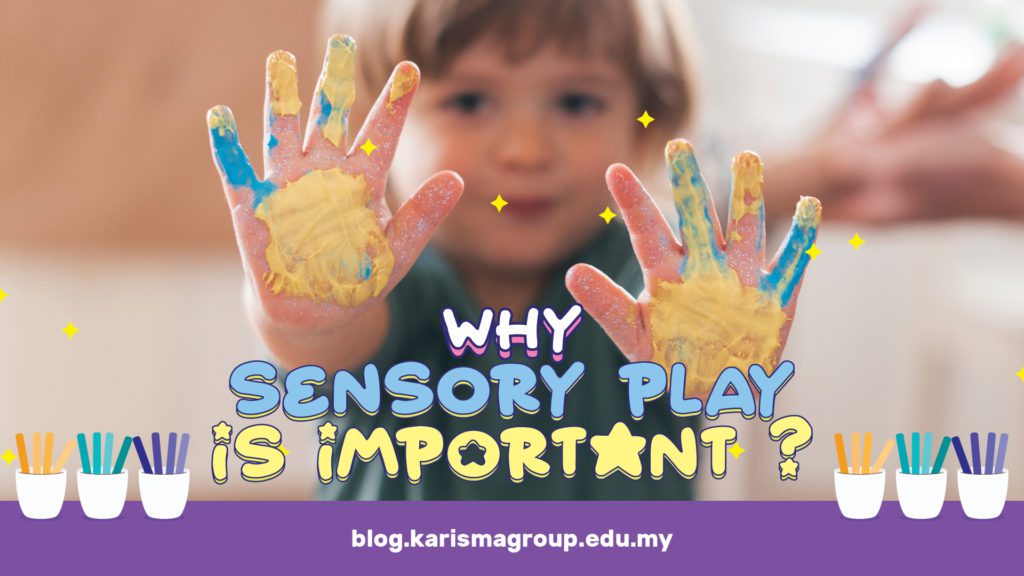Sensory play, often associated with early childhood education, is a powerful tool that benefits students of all ages. Beyond its reputation as merely a fun and engaging activity, sensory play holds immense value in educational settings due to its profound impact on various aspects of students’ development. From cognitive growth to emotional regulation, sensory play plays a crucial role in shaping young minds and fostering holistic learning experiences.
In this blog, we’ll delve into why sensory play is important for students, exploring seven key reasons why educators should integrate sensory activities into their teaching practices. From enhancing cognitive development to supporting emotional regulation, each aspect contributes to creating a well-rounded learning environment that caters to the diverse needs of students. Let’s explore how sensory play goes beyond mere entertainment and becomes a vital component of effective education.
Enhances Cognitive Development
Sensory play engages multiple senses simultaneously, which stimulates neural pathways in the brain, fostering cognitive development. When students manipulate materials like sand, water, or playdough, they are actively exploring, problem-solving, and making connections.

Boosts Creativity and Imagination
Sensory experiences encourage imaginative play, allowing students to create their own worlds, stories, and scenarios. Whether it’s building structures with blocks, creating art with finger paints, or exploring nature in a sensory bin, students are free to express themselves creatively.
Supports Language Development
Engaging in sensory activities provides rich opportunities for language development. Students describe what they see, hear, feel, and smell, expanding their vocabulary and language skills. Additionally, group sensory play promotes communication and collaboration among peers.


Develops Fine Motor Skills
Sensory play often involves hands-on manipulation of materials, which helps develop fine motor skills. Pouring, scooping, pinching, and molding all require precise hand movements, strengthening hand muscles and improving coordination.
Encourages Emotional Regulation
Sensory play has a calming effect on students and helps them regulate their emotions. Activities like playing with kinetic sand or squeezing stress balls can relieve stress and anxiety. Students learn to manage their feelings in a safe and enjoyable environment.


Fosters Social Skills
Participating in sensory activities with peers encourages social interaction and cooperation. Students learn to take turns, share resources, and collaborate on projects. This fosters empathy, teamwork, and relationship-building skills.
Supports Sensory Integration
Sensory play allows students to process sensory information from their environment, aiding in sensory integration. For students with sensory processing issues, engaging in activities that stimulate various senses can help them better regulate sensory input, improving focus and attention in the classroom.

Incorporating sensory play into educational settings not only makes learning more enjoyable but also enhances students’ overall development and well-being. By providing opportunities for sensory exploration, educators can create a rich learning environment that caters to the diverse needs and preferences of students.


